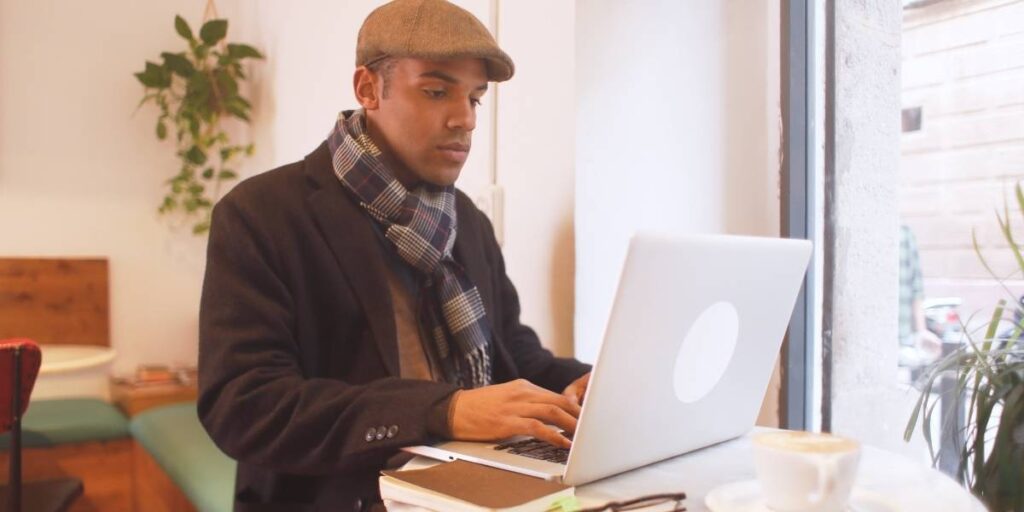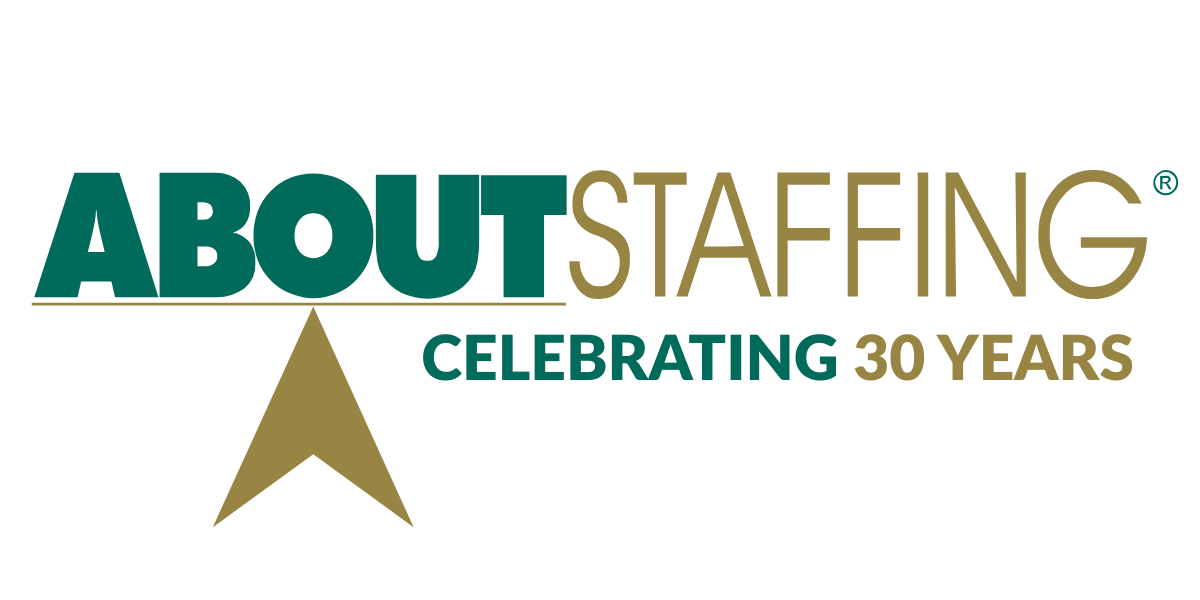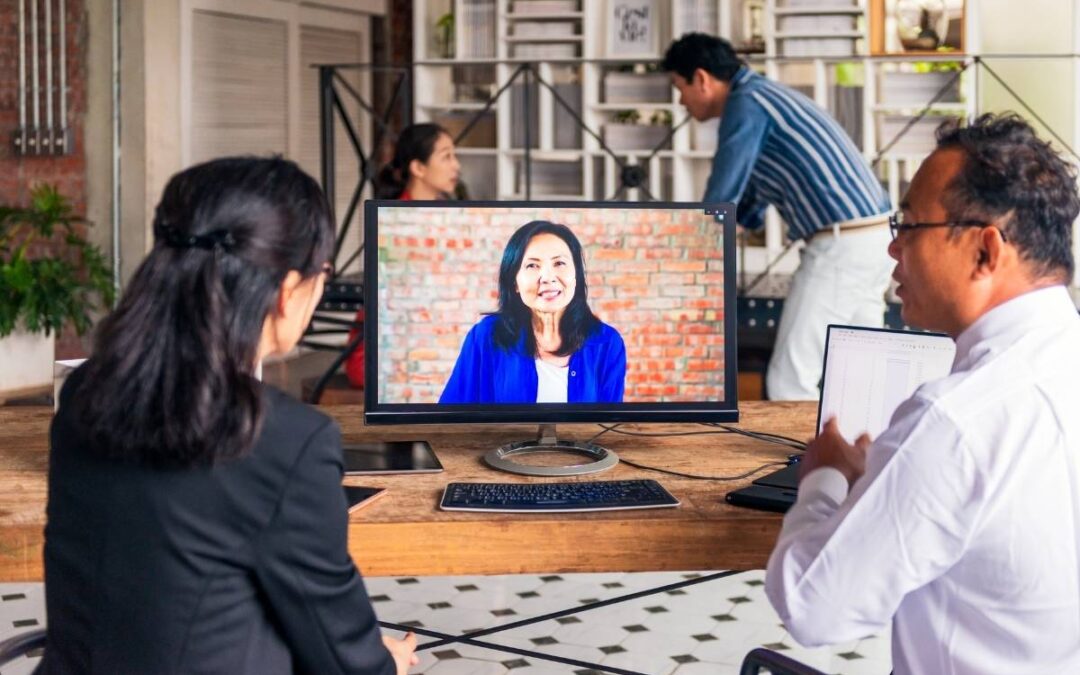Remote Interview Questions
With remote jobs being more and more popular these days, we’ve compiled the top interview questions to prepare for when being interviewed for a remote job position.
- Remote Interview Questions
- Why Do You Want to Work From Home?
- Have You Ever Worked Remotely?
- Have You Worked With a Remote Team?
- How Will You Communicate With a Remote Team?
- How Are Your Tech Skills?
- What Types of Remote Tools or Software Have You Used?
- Where Do You Prefer to Work?
- How Do You Manage Your Time?
- How Do You Stay Focused?
- How Do You Make Sure a Remote Project is Successful?
- How Do You Turn Off Work At the End of the Day?
- Frequently Asked Questions
Why Do You Want to Work From Home?
This is one of the most important and common questions you may be asked during an interview for a remote position. It is important for the employer to understand your motivations if you are going to be a part of their team, so it is also crucial that they understand your particular motivations for applying for a work from home position.
Your reason for wanting to work remotely could additionally provide distractions or affect the hours that you keep, so employers will want to be aware of this. For example, you could be choosing to work from home so that you can care for elderly relatives, which could have an effect on your time spent working.
When answering this question, you should try to frame your response more professionally, rather than personally. Showing that you want to work remotely for professional gain, not just for personal gain, which can be a better approach.
If you answer personally– for example, that you would like to be able to work in your pajamas– it may indicate to interviewers that you are not such a great addition to the team. Instead, focus on the professional advantages of working from home, like that you work better and are more productive when remote and away from office distractions.
Have You Ever Worked Remotely?
If you have worked remotely, you will likely better know what to expect than a job candidate who does not have this sort of experience. Interviewers will want to know if you are familiar and comfortable with this type of work, as well as any of the pitfalls you had experienced in the past and how you were able to deal with them.
They will want to know about the strategies you have in place for dealing with the challenges you may face in a remote position. Somebody who has this experience and these systems in place is obviously a better addition to the team than a person who has no experience with working from home.
When you are asked this question, be honest– if you say that there were no issues with remote working, interviewers will likely recognize that you are not being honest. Even a small pain point or example of a minor issue can be a good way for you to show how you are able to step up to the plate and problem solve.
Hiring managers will also want to know how you plan for any potential issues and if you expect any particular issues to crop up if you are given the position that you are interviewing for– and again, how you plan to solve these problems.
Have You Worked With a Remote Team?
This question is similar to the above– however, even those without experience working from home themselves, may be able to say they have worked with remote teams. If an employee has worked with a team that is partially or entirely work from home, they very likely experienced some of the issues that may arise with work from home positions. Some of these issues could be a lack of communication or connection, for example.
How a person handled these issues can be very telling of how they would also handle them if they themselves were the one who was remote. Therefore, it tells what a person might do in the work from home role that they are interviewing for.
This question is another way for employers to discover what types of responses and systems a candidate has in place for any of the inevitable remote work hiccups.
If you are asked this question and answered worked with a remote or distributed team before, it is a great way to show your problem solving skills. Be sure to focus on how you integrated different strategies into your work habits to be successful with this type of team, as well as any tools you may have implemented.
For example, if you had employees in different time zones and did certain tasks during certain parts of the day when your co-workers were also online and able to answer questions, lead with this. You could also tell interviewers about the messaging apps you used to stay connected and ask questions quickly.
How Will You Communicate With a Remote Team?
Any well oiled team requires good communication! When you or others are working remotely, it can be more difficult to communicate consistently. After all, if you are not in the office, you cannot pop over to a co-worker’s desk to ask a quick question, or bump into your peers on the way to the water cooler.
All communication on a remote team is therefore very intentional. Due to this, interviewers will want to know how you will communicate with other workers, whether they are also remote or they are in the office. They will want to know how comfortable you are with different communication platforms.
If you have any ideas about setting a communication schedule or weekly meeting, this is the time to mention it! Impress the interviewers with your organization and your communication skills. It will also help to make clear that you understand the need for different communication platforms, especially at larger companies.
For example, a chat room or Slack channel is a great option for a collaborative project. You can show this knowledge by telling interviewers what style of communication platform you would prefer to use for different types of communication needs.
How Are Your Tech Skills?
Remote workers must be comfortable with technology, as they will have to operate and troubleshoot it on their own. Yes, they will likely be able to contact an IT team for any issues, but any fixes will be slower as the remote workers will not be sharing an office with this team.
Many work from home positions also require more technology, such as the addition of communication platforms to stay in touch with other remote workers and those who may be in the office. Those who are not good with technology or do not like it may not be the best addition to a work from home team. They may lose productivity if any issues arise and they are not able to or willing to troubleshoot them on their own.
You should be sure to let interviewers know that you are comfortable with technology, and even give some examples that showcase your technological prowess if possible. However, you should also be honest. If you are not well versed with technology, do not tell interviewers that you are! After all, they will find out soon enough if you were untruthful. Instead, you can still set yourself up as a good candidate by telling interviewers how you would deal with any tech issues that may arise. Having a strategy or a plan will always help you appear prepared and serious about the position you are interviewing for.
What Types of Remote Tools or Software Have You Used?
This question is similar to the above, where you will be discussing your level of experience with different tech tools or software programs. However, this is so that a potential employer can understand how experienced you are in using these programs, specifically to make it easier to work from home.
The more comfortable you are with these programs, the better fit for the position you may be! After all, remote work positions rely heavily on different communication platforms to ensure that the work is done well and that expectations are met.
You will want to discuss the experience you have with any sort of software that could support remote work, even if you did not use it specifically for remote work– you can go on to explain how it could be used to your benefit if working from home.
Some of the platforms you may want to discuss are messaging platforms like Slack or Microsoft Teams. Of course, you will not have used every tool under the sun, which is okay– it doesn’t hurt to mention how you are a quick learner so that employers know you would be able to get up to speed quickly if they use any specialty software.
Where Do You Prefer to Work?
Interviewers may also ask where you plan to work, where you currently work, and if you are already working in a remote position. They will want to know about your office setup, as this can directly affect how you do your job if you are hired at their company. They will want to know if your space is free of distractions, as well as if you already have everything you need to do your job successfully and work from home– like a desk or a monitor, for example.
At this point in the interview, a potential employer may also let you know of any home office requirements they may have, like a wired internet connection or a clean area for video calls.
When you are answering this question, you can let interviewers know about where you work best, whether this is in a coffee shop or your own home office. If you are working in a public space, you should be sure to let interviewers know the pains you take to keep information private. For example, will you use a private server, rather than the public internet connection?
Or maybe you will be working in your home office or using a co-working space. It is important for interviewers to understand what type of environment you will be doing your job, but if you do not yet have your own home office set up, this should not be a deterrent for them to offer you the position.

How Do You Manage Your Time?
If you are a remote employee, you are given an extra level of responsibility, as well as more independence. You may not have a supervisor checking in with you quite as often as they might if you were in the office together, either. This can be a big draw for employees who do not like to feel like they are being micromanaged. However, those who struggle when given too much freedom or flexibility– for example, the procrastinators– may have issues with this aspect of remote work.
Interviewers will likely ask this question because they will want to know how you handle this level of independence. They will want to know how you prioritize and stay organized.
As mentioned above, organization and being able to prioritize different projects or tasks is key to successfully managing your time. When you are answering this question, you can explain the different tools or apps that you use to help you stay focused and easily manage your time while on the clock. How do you keep track of what it is you need to accomplish, as well as these tasks’ varying levels of importance and how you will get them done?
It may also help to discuss the priorities of the company that you are interviewing for. Different businesses may prioritize different tasks or focuses differently, so it is important to express the desire to learn more about what is important to your future employer!
How Do You Stay Focused?
Of course, remote workers face different challenges and distractions than employees who work from a company’s central office space. For example, you could be dealing with living in a loud, busy area, or having a partner or roommate who is also working from home during your workday. Since distractions lower your productivity, employers will want to know how you currently deal with them, as well as how you plan to deal with them in the future. After all, a loss of productivity– even for just one particular employee– can directly affect the company and their output.
Knowing how you stay focused now, even if you currently work in an office setting, will help potential employers understand how you may face distractions and stay focused when working on your own, from home.
If you are asked this question, you can answer in a way that allows the interviewers to hone in with a follow-up or clarification question. You could say, for instance, that you use headphones to block out noise or conversations around you at your cubicle. Your interviewer could then follow up and ask if you expect to run into similar issues at home– such as a noisy roommate– and if you will then use the same method to stay focused.
Examples of your methods and strategies are crucial when answering this question. Your answer will also help to show a potential employer if you have thought about the unique distractions that come hand in hand with remote work and whether you can deal with them– your response may even help interviewers learn more about how your current work from home space functions.

How Do You Make Sure a Remote Project is Successful?
This question is another that will help interviewers determine whether you are a good fit for remote work. Of course, you will want to ensure that any project that you work on is successful, but remote projects often require different strategies to deal with the different challenges that could arise– especially if this is a team effort and you are working with other scattered remote employees!
Interviewers will be keen to know how you plan to approach collaboration when in-person or in-office communication is no longer the default, or even an option. They will also want to know if you are even able to complete projects successfully while working from home.
There are many different ways to answer this question. You will want to make it clear to interviewers that you understand the importance of communication, and how crucial it is to be prepared and in the know before you even begin the project. You could talk about how you plan to ask clarifying questions when assigned these projects, or how you will set up clear timelines for your peers and the individual tasks you are all working on. Do you have any strategies for how to best work with your team members on this project, such as setting up some video conferences to discuss the plan and your progress? If so, you should discuss this, too.
How Do You Turn Off Work At the End of the Day?
When it comes to working from home, many employees can find it difficult to set boundaries between work life and home life, or difficult to turn off completely at the end of the day. They may find themselves writing one last e-mail or checking their messages before bed to see if they missed any communications, for example. This can lead to burnout, which is bad for your employer– so it is in their best interest to ensure that candidates are able to set healthy work life balances and boundaries for themselves!
It is important for them to learn whether or not candidates for the position are able to manage their days, stop for their allocated breaks, and log off from work at quitting time.
When you are answering this type of question, you should talk about not only how you ensure that you stick to your required hours, but what you do for yourself, too. For example, do you take a walk at lunchtime to get some fresh air and ensure that you do not end up eating at your desk, in front of your monitor? Do you have strategies in place to help you avoid focusing on work after hours?
It will also help during an interview if you can show that you understand the risks that come along with a lacking work life balance, and if you can show that you are able to handle being responsible for this balance if you are hired to work remotely.

Frequently Asked Questions
How do I prepare for a remote job interview?
If you are interviewing for a position remotely, you should still be sure to dress the part and prepare your questions and answers accordingly. You should also test your technology prior to your interview time so that nothing goes wrong during the interview.
Be sure to make eye contact with interviewers, rather than looking at your notes or your image in the corner of the screen!
What do you do in a remote job interview?
In a remote interview, you will usually be interviewing from home with a video conferencing system, rather than interviewing in person. This may also be done via voice call, without any visual, though that is not as typical. You will want to be sure to dress for the position that you are interviewing for, as well as show your research of the company and job listing.
In a remote interview, especially, it is important that you make eye contact and try to show your personality, as it can be more difficult for your personality or disposition to come through via a screen.
How do I introduce myself in a remote job interview?
In a remote interview, you should be sure to speak slowly and clearly. When introducing yourself, you should sit up straight and smile, and also be sure to make good eye contact with the interviewers. Eye contact is extra important in a remote interview because of the screen– you should try to focus on the camera, rather than looking at the images on the screen itself, because it will make you appear as if you are not making direct eye contact.
Remind the interviewers of your name and what position you are interviewing for.
How should I dress for a remote interview?
Dress professionally or business casual for a remote interview, just as you would if you were going to an office in person to interview for this position. There are some additional considerations to be made– for example, you should not wear a colour that would fade too much into the background of your space, as this may look confusing on the video screen. Some good colours to wear are light colours such as blue, grey, or white.

